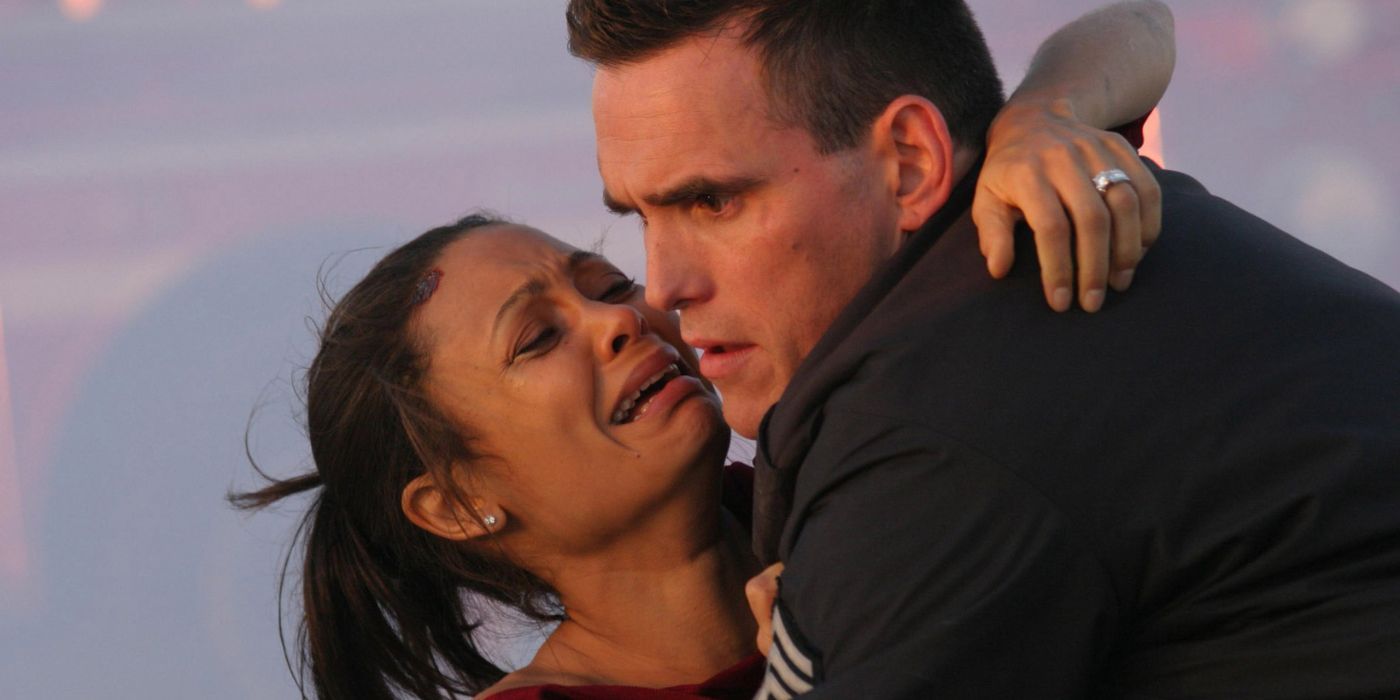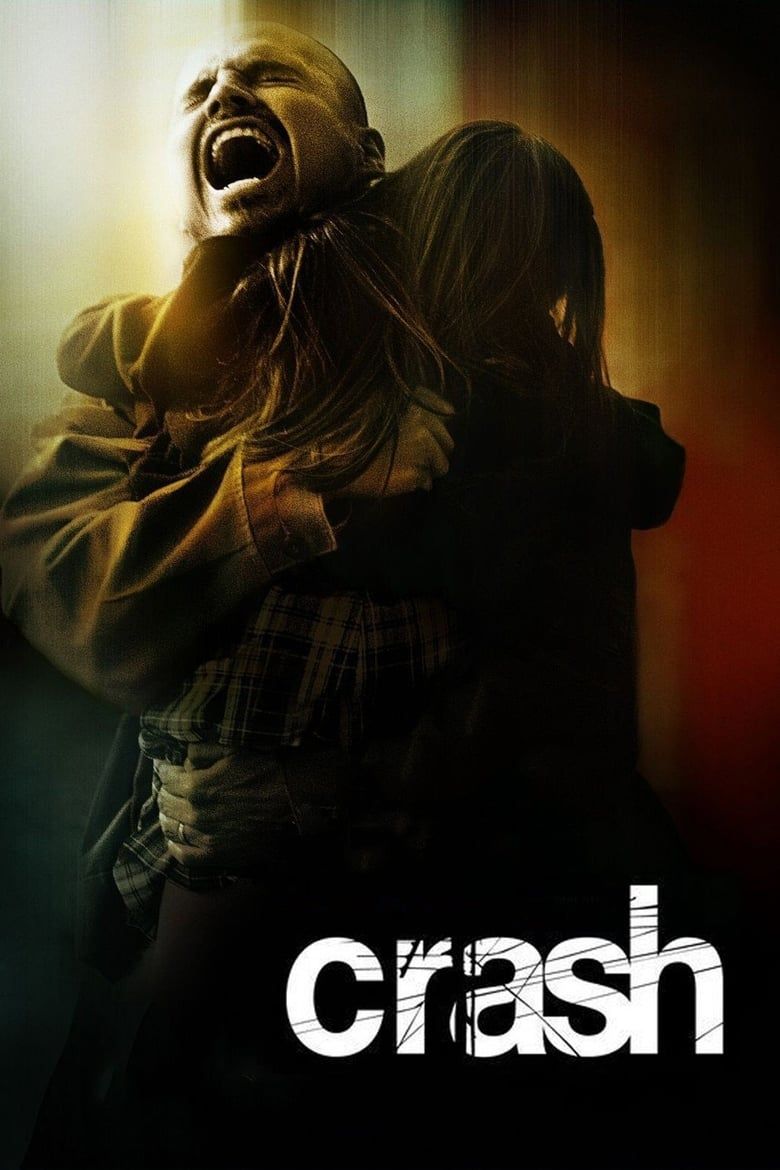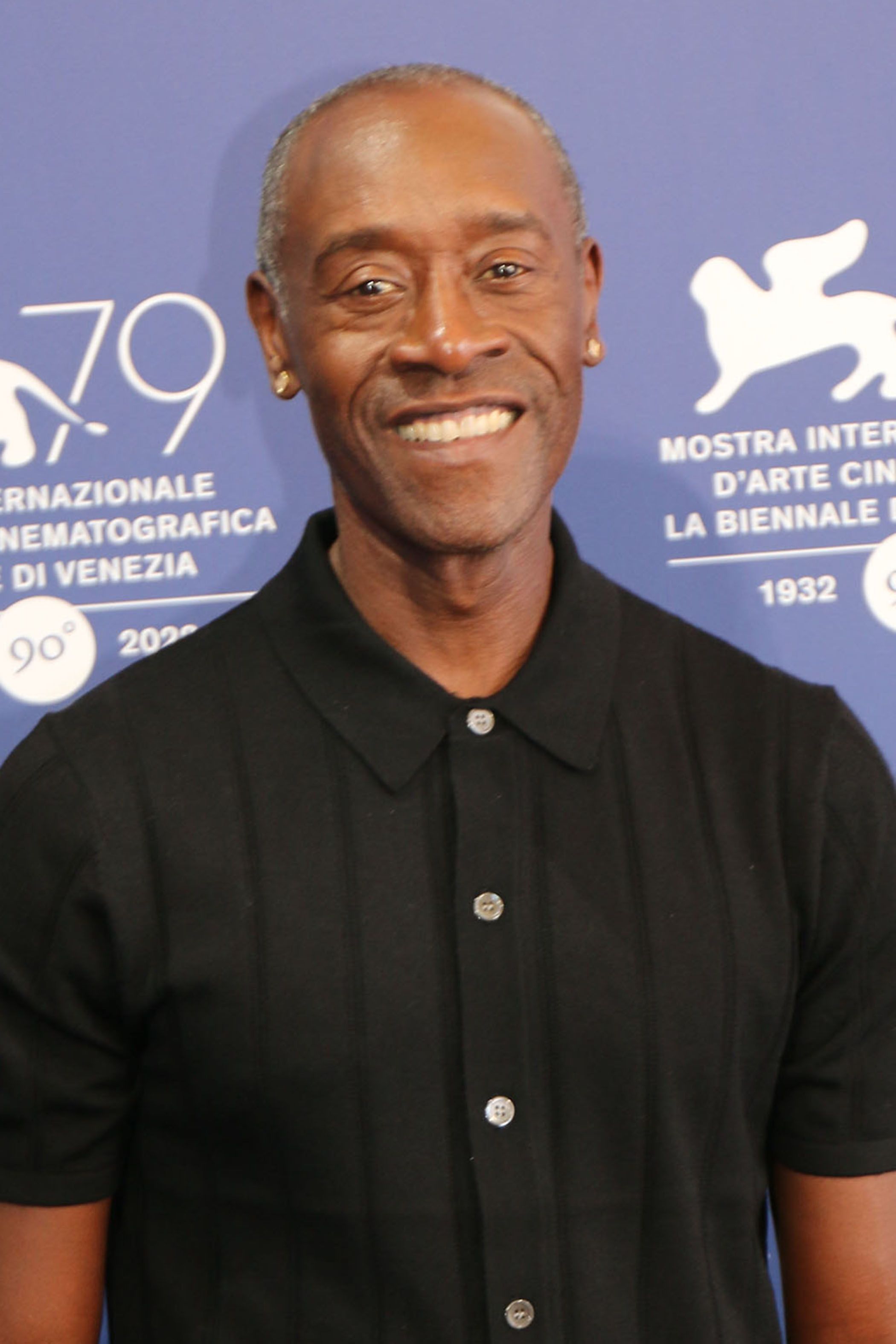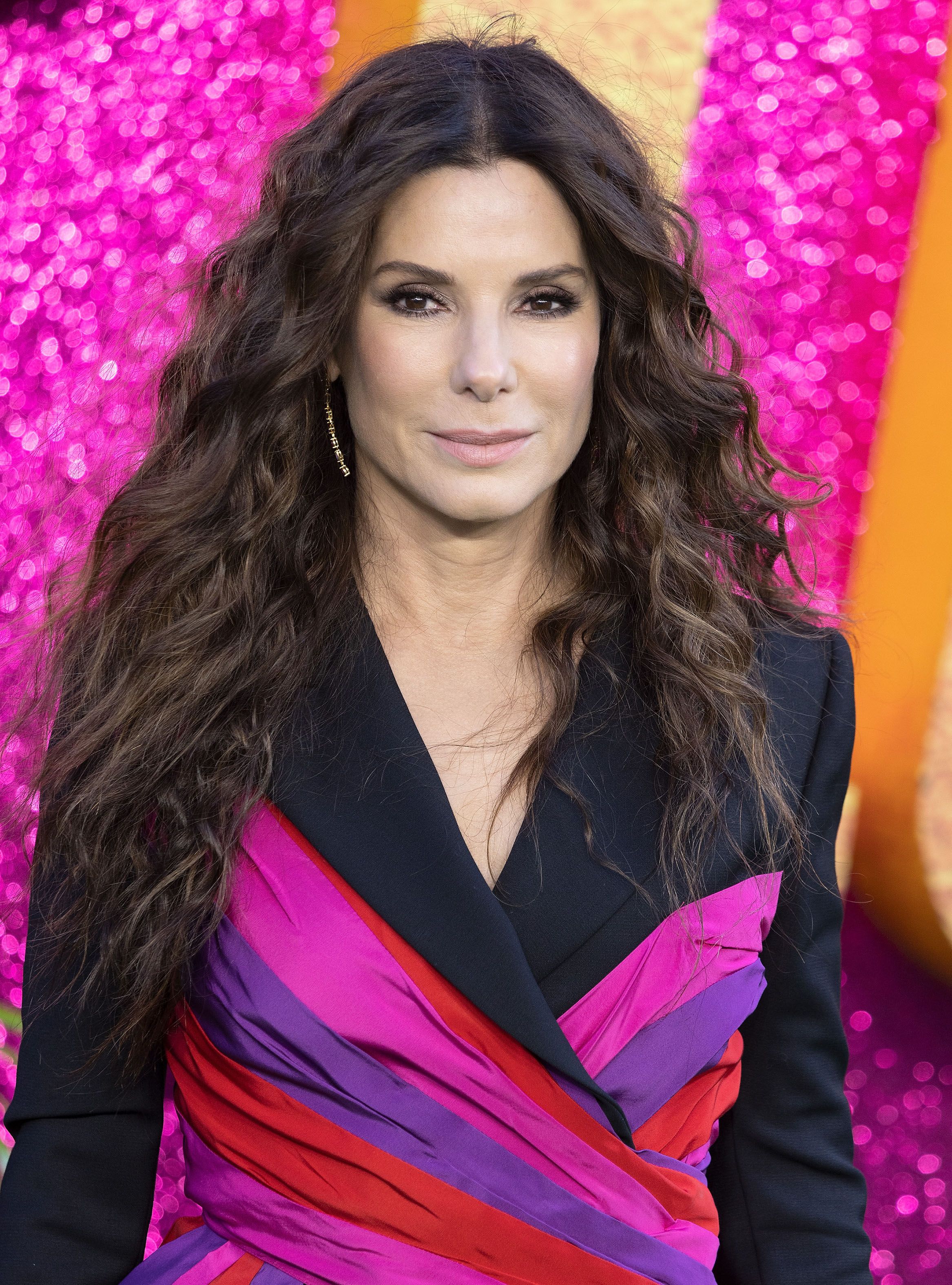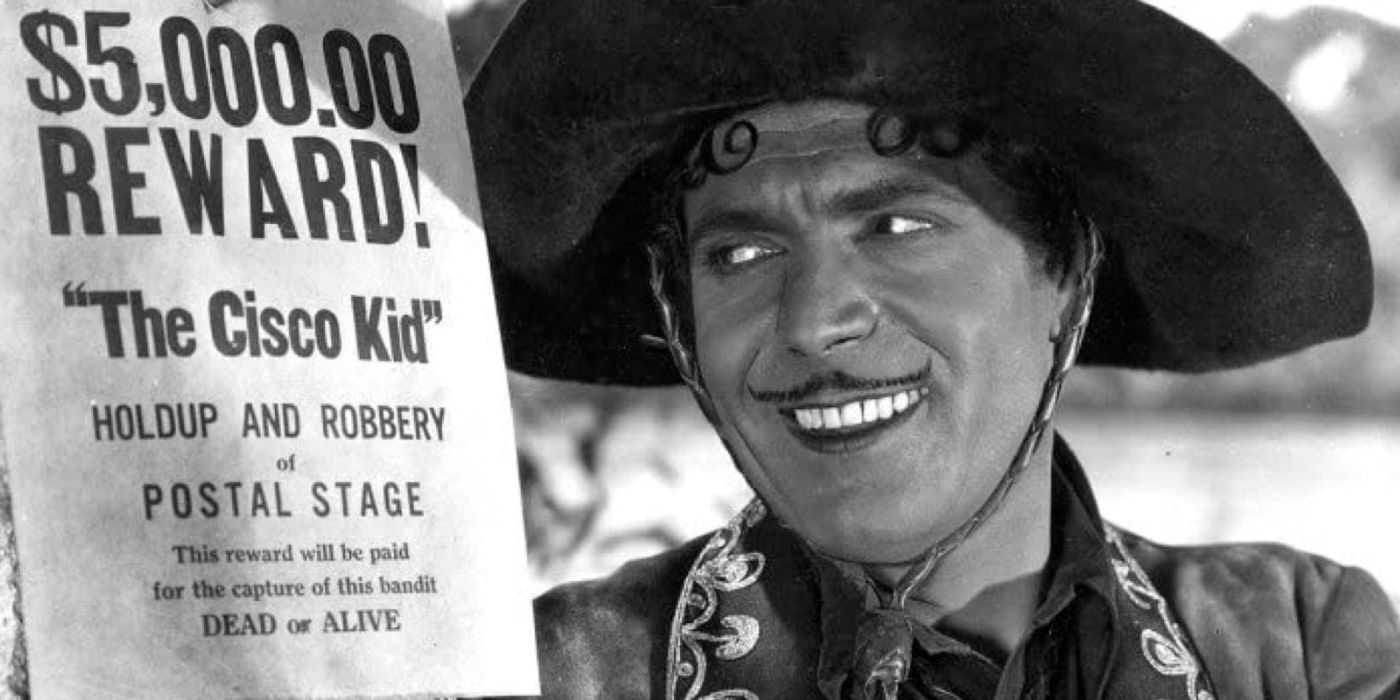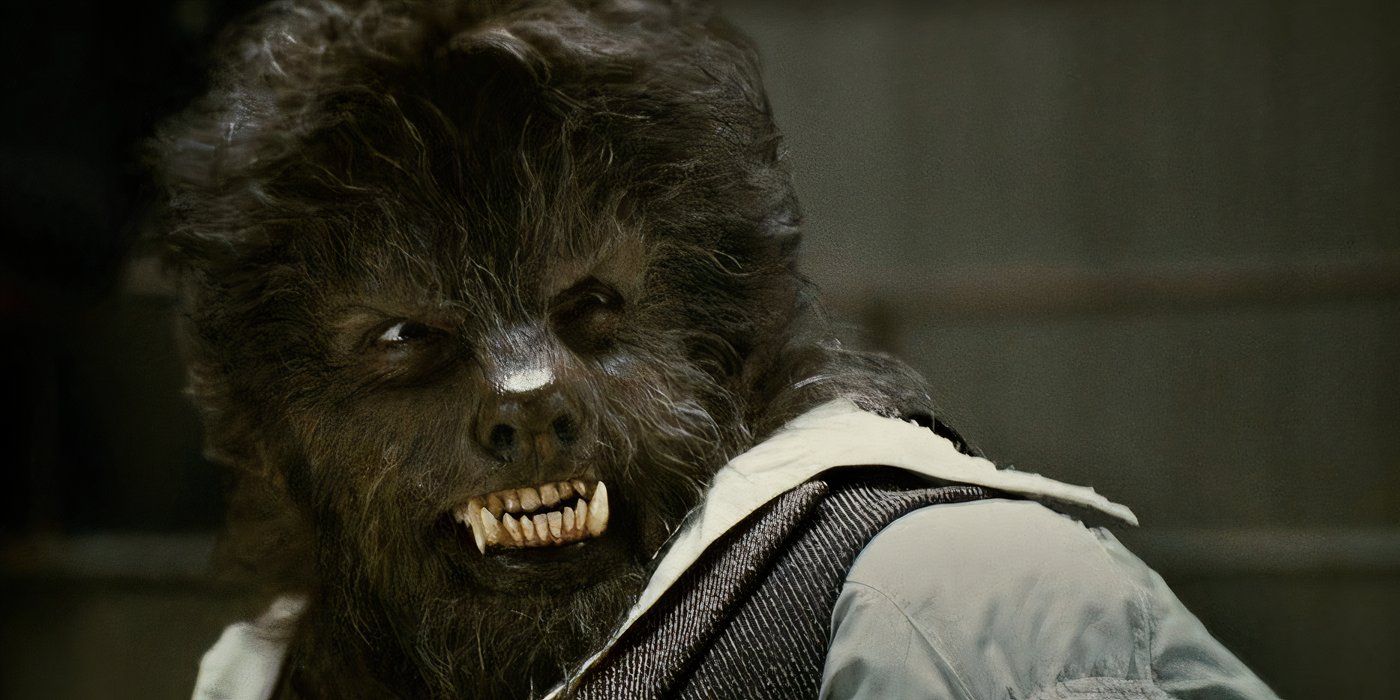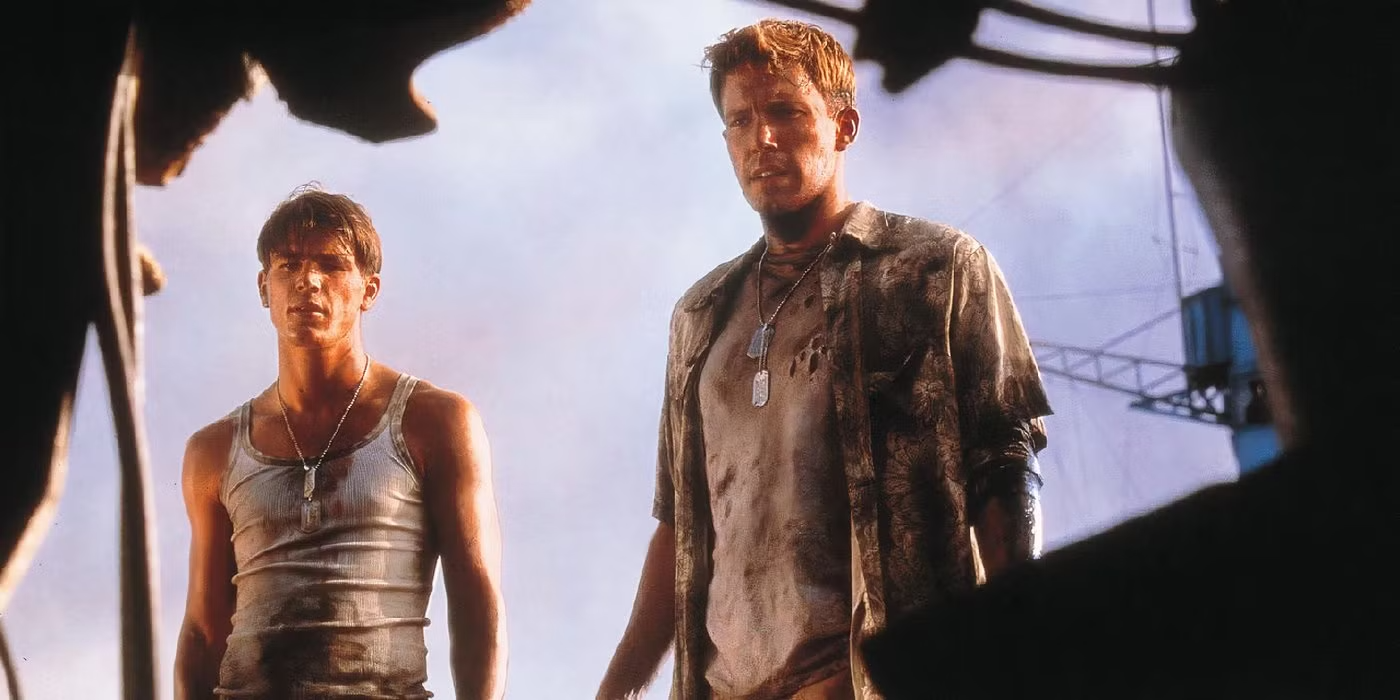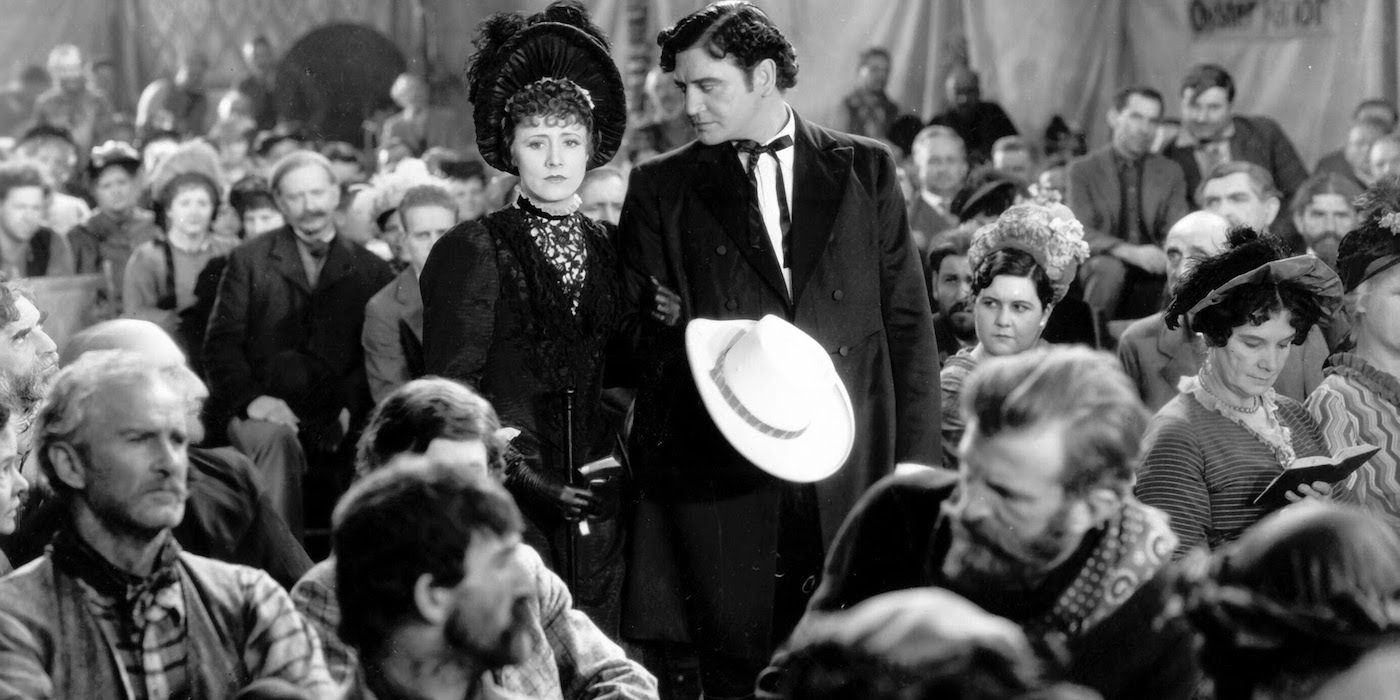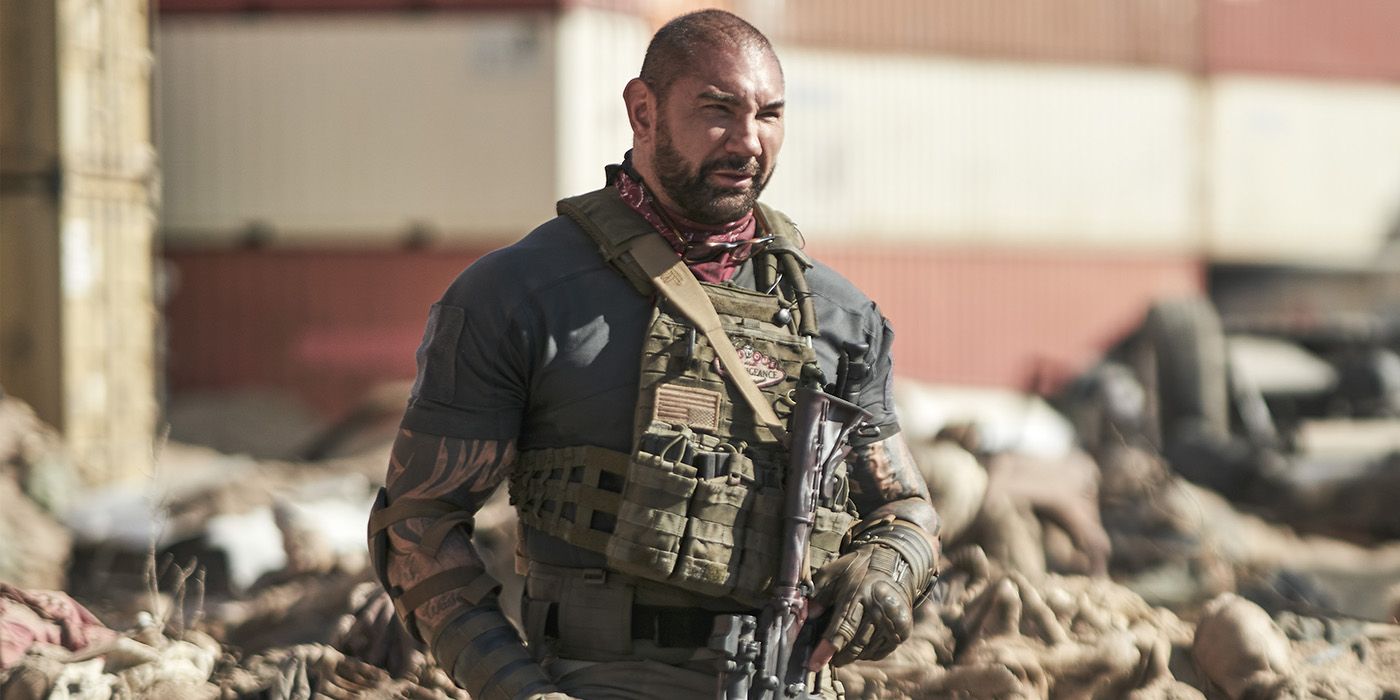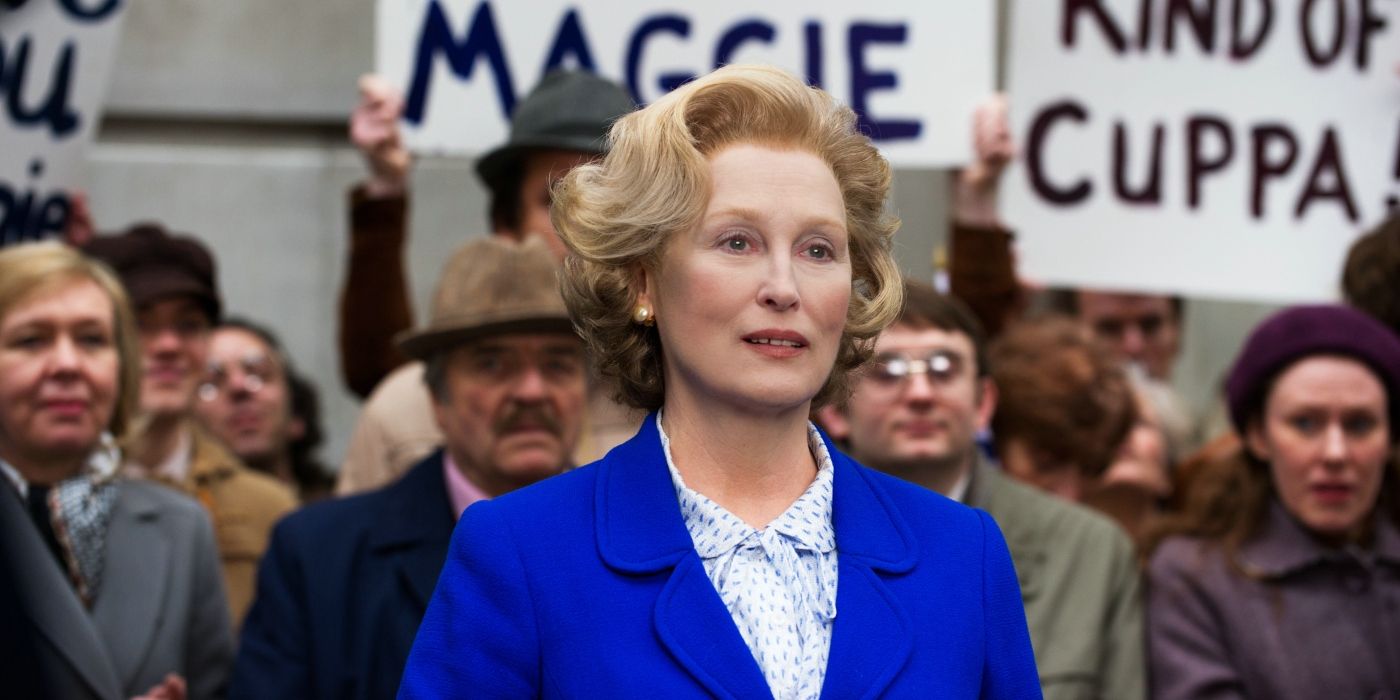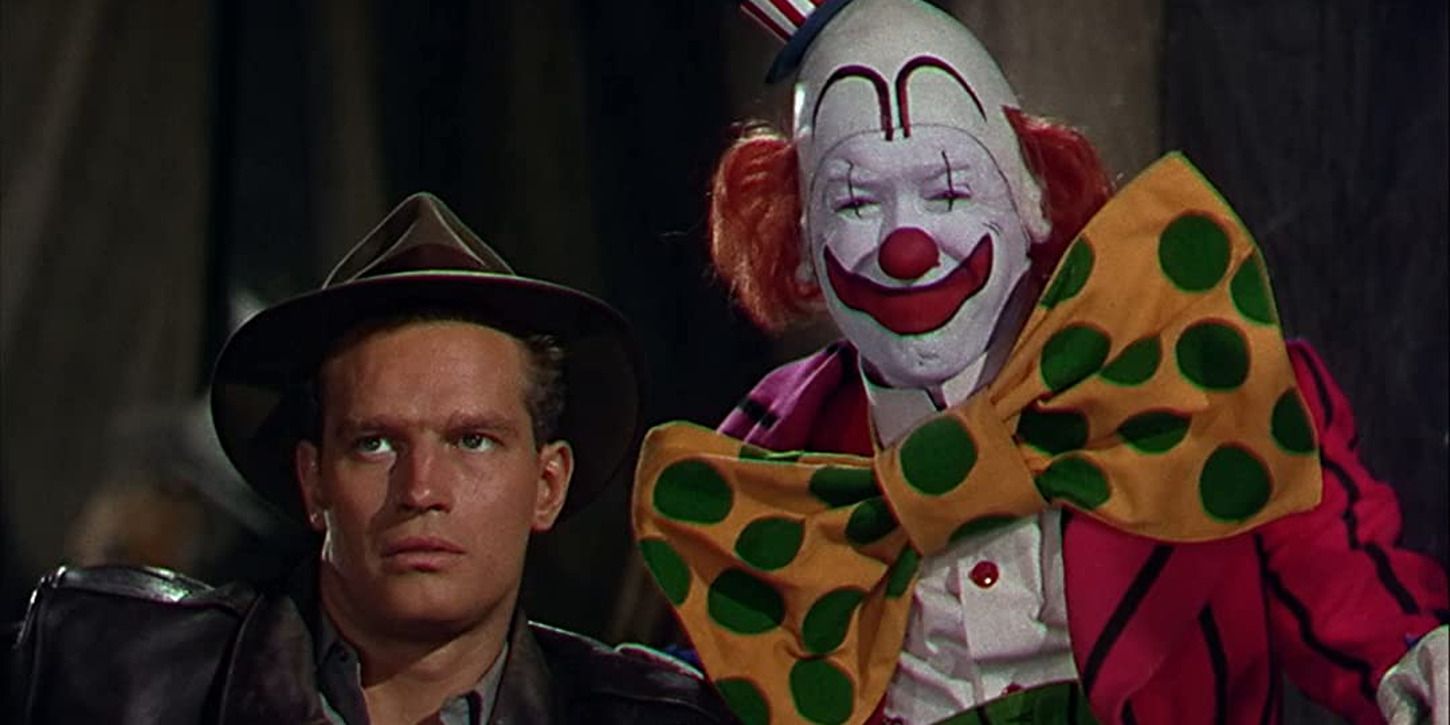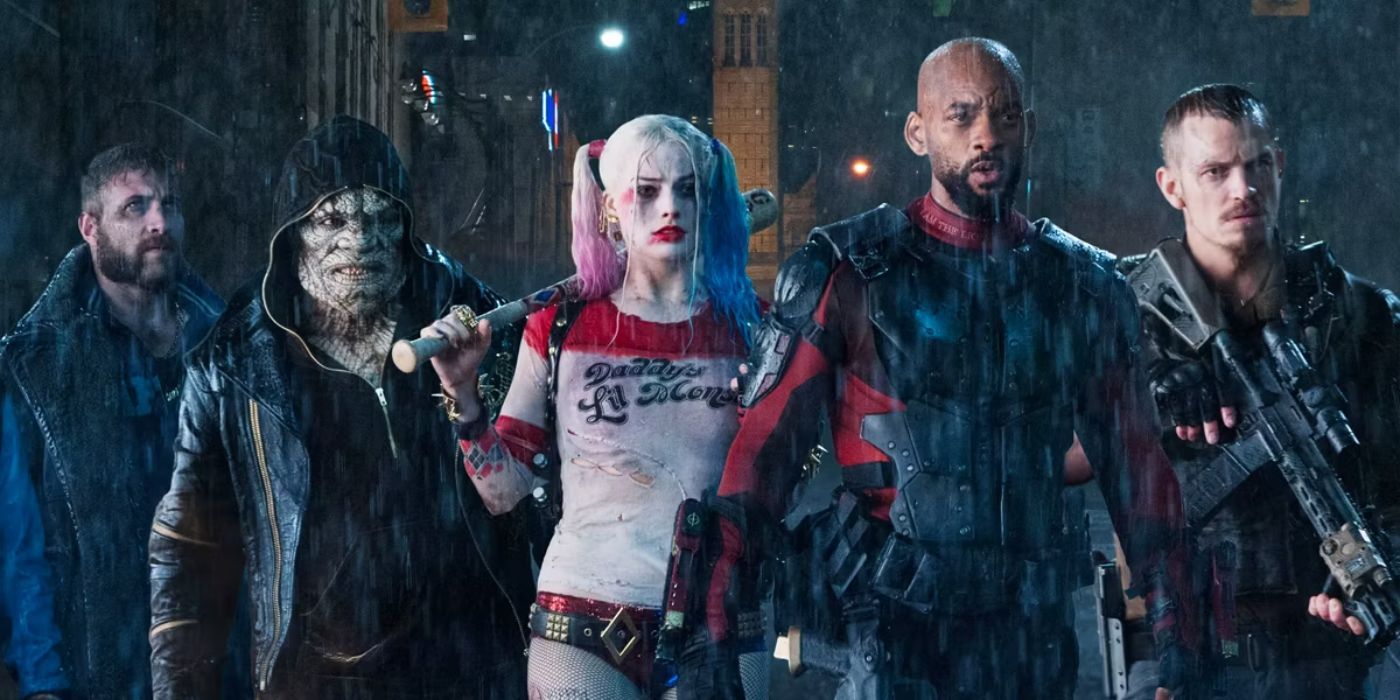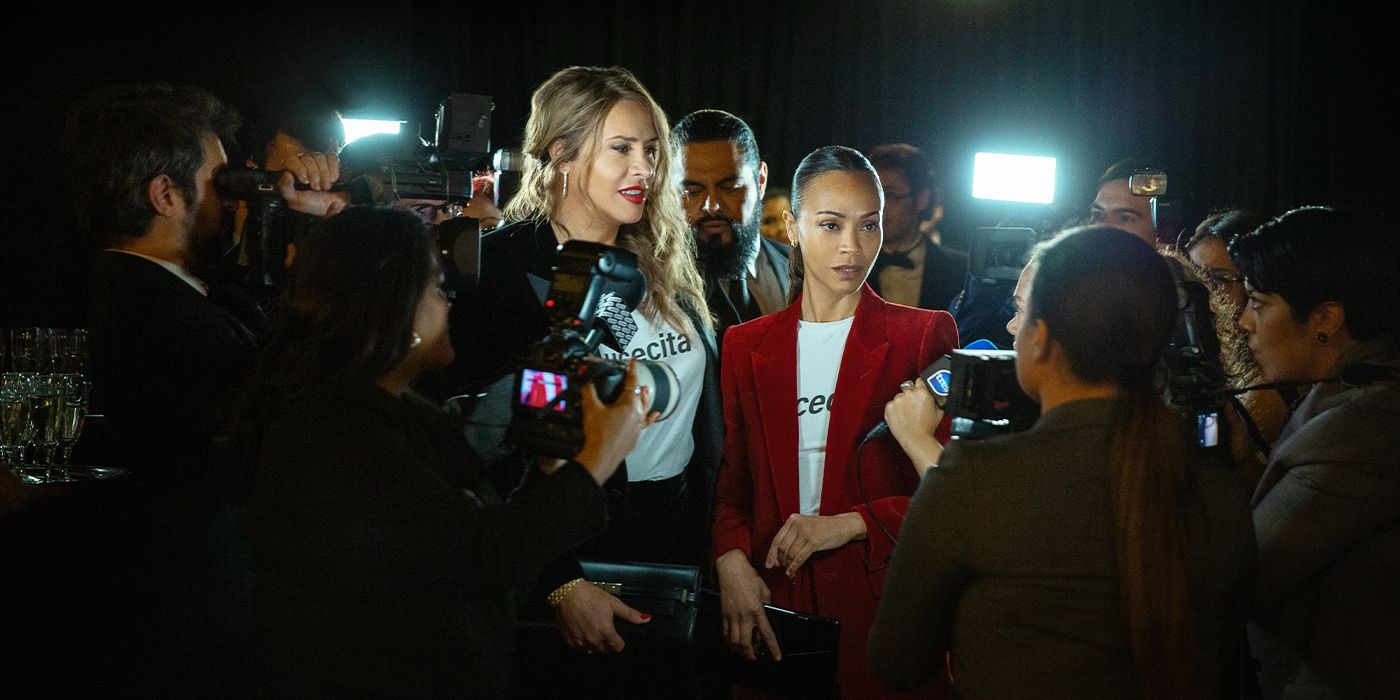How the Hell Did These 10 Movies Win Oscars?
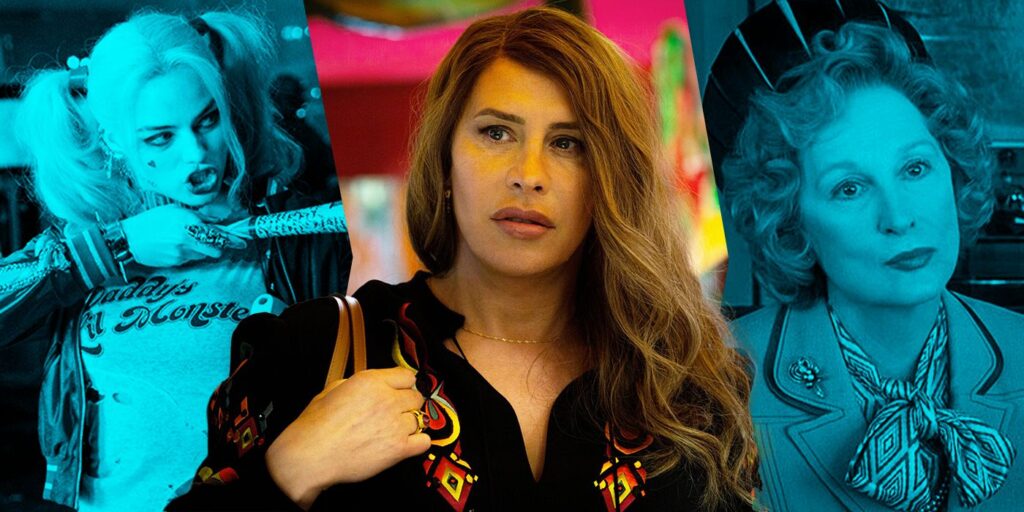
The Academy Awards ceremony is the pinnacle of film, the most illustrious night in the calendar of cinema that prides itself on recognizing the most brilliant achievements in the industry. Despite the reverence and attention that always surrounds the Oscars, however, the ceremony doesn’t always get it right. While this is perhaps most commonly sighted through a long history of infamous snubs that came to be more celebrated than the films they lost out to, it has also been present in some perplexing Oscars being awarded to movies that simply aren’t worthy.
From self-important and pretentious pictures that saw their Oscar-baiting antics met with nominations aplenty and even awards, to monotonous misfires that beat out more deserving competition to achieve their accolades, the award-season success of these movies left plenty scratching their heads. Some may even argue that the fact that these films are Oscar recipients jeopardizes the validity of the entire ceremony. All we know for certain is masses of people asking “how the hell did that win?” was a common trend when the award presenters read out these 10 titles.
10
‘Crash’ (2004)
Won Best Picture, Best Original Screenplay & Best Film Editing
Marking one of the most contentious moments of the Oscars in recent decades, the middling social drama Crash took home three awards at the 78th Academy Awards, including Best Picture, an honor it received over the far more fancied Brokeback Mountain. A film distinctly of its time, Crash appealed to the gaping hole in American society in the wake of 9/11, using its story of sparsely interwoven characters in L.A. to explore themes of race, class, and gender.
Granted, there is definitely purpose to the picture’s moralistic focus and its desire to address common issues in contemporary America, but its unrealistic execution, oversimplified depiction of its central issues, and its easy solutions make it come off as self-important and shallow. The fact that it won three Academy Awards, let alone one, is a travesty. Even 20 years on from the event, Crash remains a leading candidate for the worst Best Picture winner of all time.
9
‘In Old Arizona’ (1928)
Won Best Actor
In Old Arizona is not a title many people would be familiar with today, and therein lies the fault in its Academy Award win. The 1928 Western follows the Cisco Kid (Warner Baxter), a revered Mexican bandit who finds himself being hunted by Sgt. Mickey Dunn (Edmund Lowe), whose pursuit of the notorious outlaw turns personal when a romantic affair arises between Dunn and the gunslinger’s girlfriend.
The film itself is horrifically outdated, but Baxter’s win for Best Actor is outrageously dumbfounding considering his performance has been almost entirely forgotten to time while iconic performances like Conrad Veidt’s in The Man Who Laughs and Buster Keaton’s in Steamboat Bill Jr. weren’t even nominated. While Warner Baxter was a fine actor in his time, his Oscar win for In Old Arizona—along with the film’s four other nominations—is little more than ample proof that the Academy’s penchant for making mistakes is not necessarily a new phenomenon.
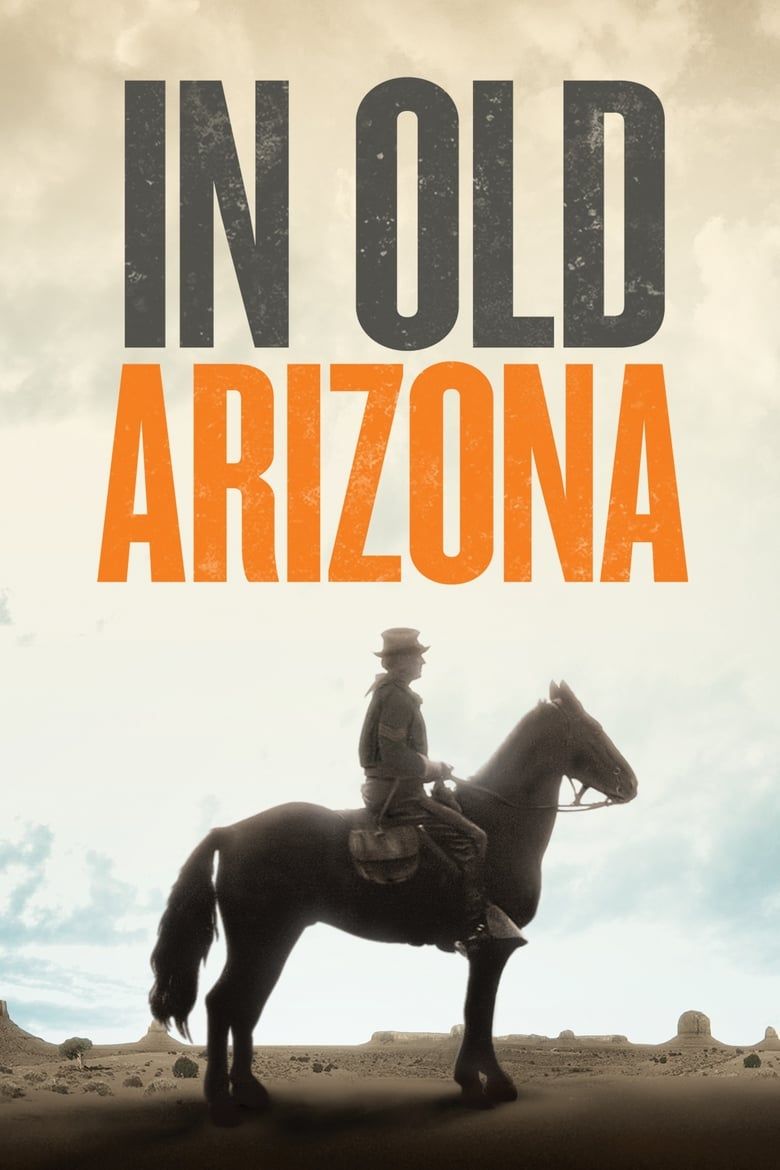
- Release Date
-
December 25, 1928
- Runtime
-
95 minutes
-

Edmund Lowe
Sergeant Mickey Dunn
-

Warner Baxter
The Cisco Kid
-

Dorothy Burgess
Tonia Maria
-

Henry Armetta
Barber (uncredited)
8
‘The Wolfman’ (2010)
Won Best Makeup
A woefully misguided remake of the 1941 original, 2010’s The Wolfman ultimately wastes an all-star cast and a sizable production budget on a horror picture bereft of chills and suspense. Upon hearing of his brother’s horrific murder, actor Lawrence Talbot (Benicio Del Toro) returns to his ancestral home to figure out what happened to him. When he is bitten by a werewolf, however, he struggles to adjust to his new cursed life.
Critically derided and a box office bomb, The Wolfman is still remembered as a monumental misstep from Universal Studios, one that stumbles through its inability to strike an emotional chord while also floundering as a poorly realized horror epic. Rick Baker and Dave Elsey’s Oscar win for Best Makeup was particularly perplexing, given the film leaned more so on CGI to realize the titular beast rather than practical effects, an approach that actively contributed to its poor reception, as what should have been its most engrossing and mortifying sequences are reduced to being blurry and completely inhuman.
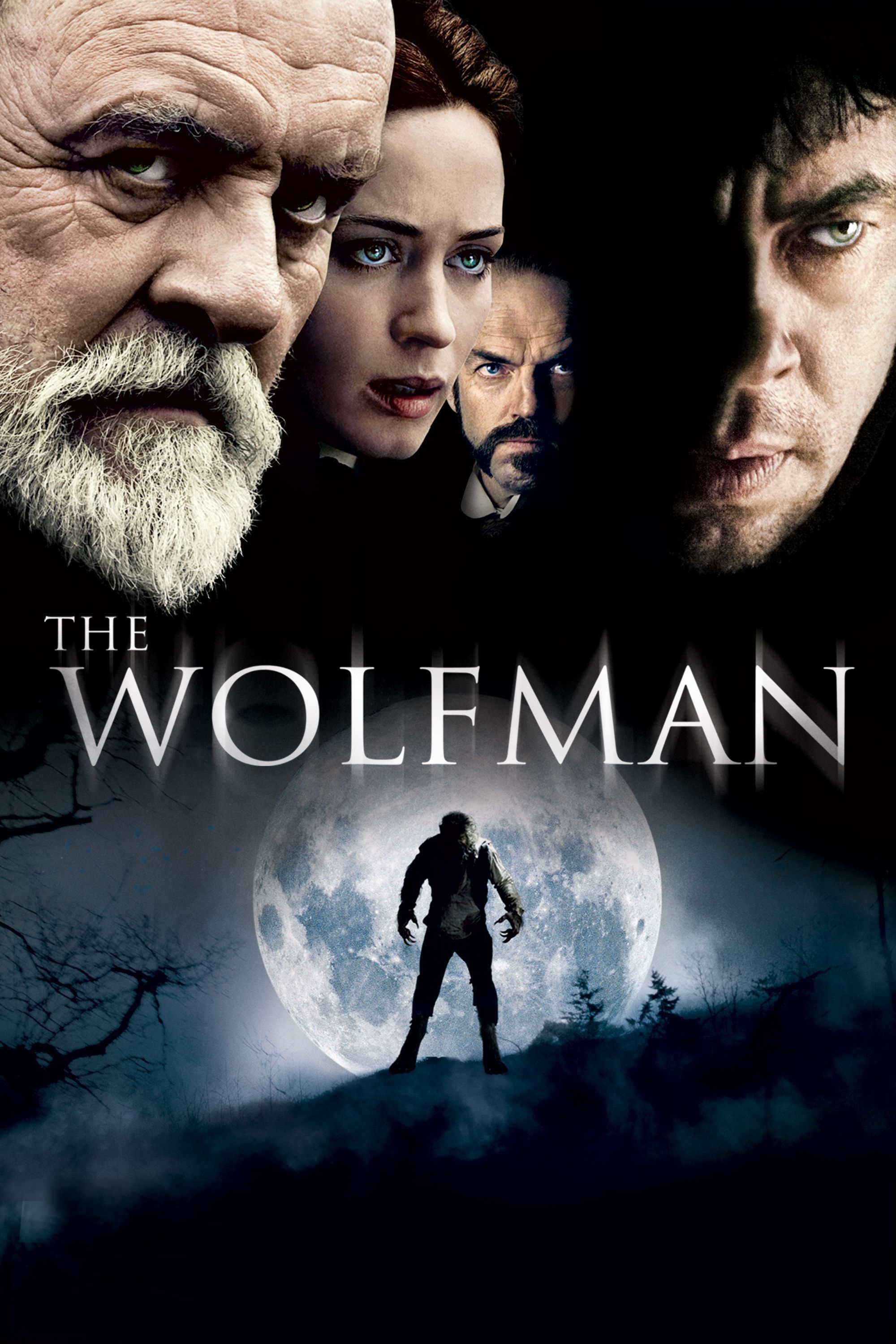
The Wolfman
- Release Date
-
February 10, 2010
- Runtime
-
125 minutes
7
‘Pearl Harbor’ (2001)
Won Best Sound Editing
Tedious, tiresome, and over-inflated by its own obsession with its supposed blockbuster spectacle, Pearl Harbor strives to be an emotionally overwhelming romantic war epic, but it collapses as an almost laughable misappropriation of narrative stakes imbued with painfully bad dialogue. Given the universality of its negative feedback, it may come as a surprise to many that Pearl Harbor not only won for Best Sound Editing but was also nominated for a further three Academy Awards.
In a bizarre set of circumstances, Pearl Harbor was nominated for Best Sound Editing alongside just one other film, Monsters, Inc.. While many would argue the Pixar classic should have emerged victorious, it is worth noting that Lord of the Rings: The Fellowship of the Ring, Black Hawk Down, Amélie, and Moulin Rouge! were among the nominees for Best Sound, with Black Hawk Down ultimately going on to win. Why none of those films were even nominated for Best Sound Editing is truly bewildering.
6
‘Cimarron’ (1931)
Won Best Picture, Best Adapted Screenplay & Best Production Design
An expansive and sprawling Western epic that initially entranced viewers with its scope but has since come to be more derided in recent years, Cimarron is a prime example of how audiences’ tastes have changed so drastically over the years. What is disappointing about this is that it beat out some enduring classics of early Hollywood, such as The Public Enemy and Little Caesar, to win its Oscars.
Spanning over 40 years, it follows a couple’s hopes for prosperity as they move to Osage, Oklahoma, and find themselves being parted several times throughout their lives. Funnily enough, the film’s one true highlight—Irene Dunne’s sensational performance—only received a nomination from the Academy. Adding insult to injury, Cimarron stood as the only Western film to win Best Picture for almost 60 years, with Dances with Wolves becoming the next picture from the genre to be awarded the honor at the 63rd Academy Awards ceremony.
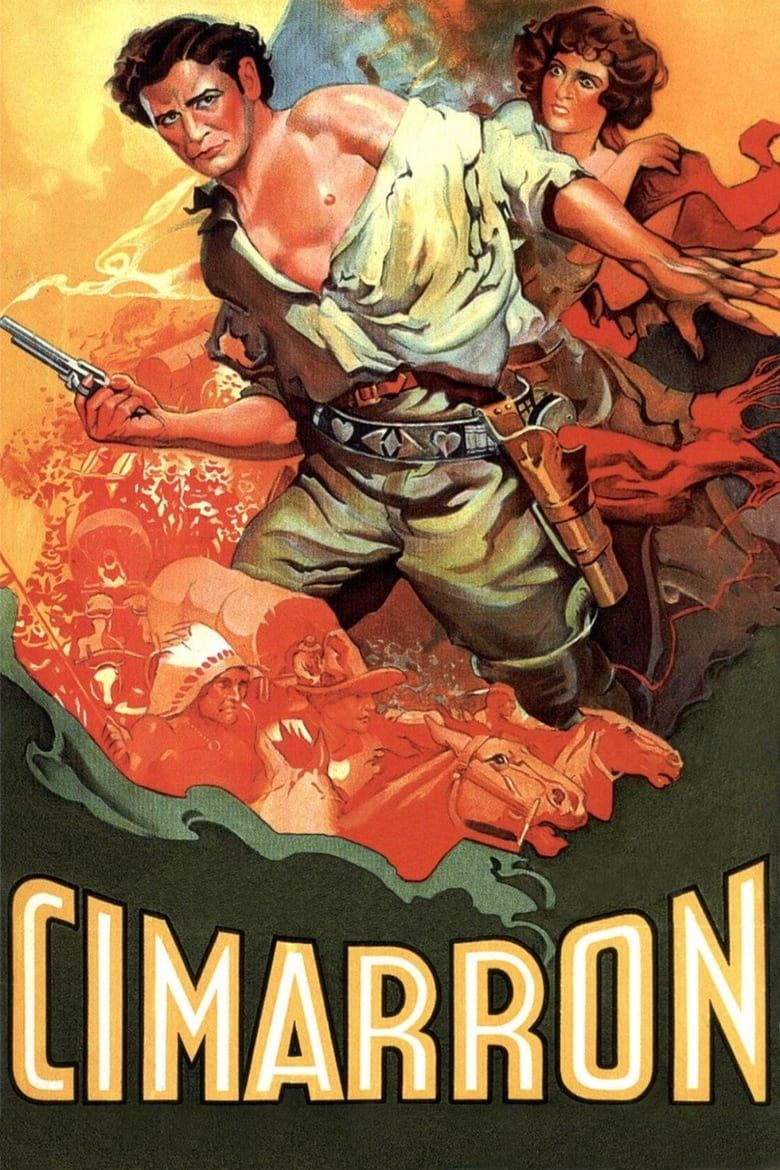
Cimarron
- Release Date
-
January 26, 1931
- Runtime
-
123 minutes
Cast
-

-

Richard Dix
Yancey Cravat
-

-

Nance O’Neil
Felice Venable
5
‘Army of the Dead’ (2021)
Won Oscars Fan Favorite
The notion of an Oscars Fan Favorite award was utterly ridiculous from its conception. Therefore, it is perhaps a blessing in disguise that the technical Academy Award win of Army of the Dead led to the immediate discontinuation of the honor. The Zack Snyder heist action film follows a group of mercenaries tasked with infiltrating a zombie-infested Las Vegas to retrieve a $200 million cash sum from a casino vault before the military drops a tactical nuke on the undead city.
Reception to the film was mixed, with some heralding it as a delightfully over-the-top feat of ultra-violent action, while others chastised it as a derivative and lazily stylized dose of camp genre-fare incapable of fulfilling its 148-minute runtime. Granted, circumstances in 2021 meant the Oscars’ glorified popularity contest wasn’t exactly imbued with a litany of choices for voters, but the fact that Army of the Dead technically stands as an Academy Award-winning picture is an indictment on the ceremony that is only worsened by the fact that such films as Tick, Tick… Boom; Pig; and The Worst Person in the World didn’t win anything.
4
‘The Iron Lady’ (2011)
Won Best Actress & Best Makeup and Hairstyling
Biopics have always held a certain sway with the Academy Awards, especially when they feature prominent stars depicting complicated public figures and ostensibly market themselves as awards season stunners. While it isn’t the only film to have garnered Oscar success through such a method, The Iron Lady is one of the worst, with the reflective exploration of Margaret Thatcher’s (Meryl Streep) political career a dull and dreary affair to say the least.
While Streep’s performance is impressive, it is perhaps more a feat of impersonation more so than one of supreme emotional depth and moving nuance, and there is a sense that she earned the Oscar on reputation more so than merit. It is unbecoming of the ceremony that The Iron Lady tied with Hugo as the second most successful picture of the year in terms of Oscars, while the likes of The Girl with the Dragon Tattoo, A Separation, and Moneyball paled in comparison.
3
‘The Greatest Show on Earth’ (1952)
Won Best Picture & Best Story
The Greatest Show on Earth is an infamous title in the context of the Academy Awards, not only because it is one of the weakest films to win Best Picture, but because of the far superior movies it triumphed over as well. Amid a lavish medley of colors and showbiz spectacle, the film focuses on performers in a traveling circus act, following the relationships and rivalries that emerge during their tenure on the road.
While there is a certain charm to certain chapters of the movie, it is ultimately bogged down by its overbearing melodrama and its threadbare plot that struggles to fulfill the 152-minute runtime. These plot pitfalls make it an absurd point that The Greatest Show on Earth was even nominated for Best Picture and Best Story, let alone that it won. In doing so, it emerged triumphant over such enduring classics as High Noon, The Quiet Man, and Moulin Rouge, while the iconic Singin’ in the Rain wasn’t even nominated.
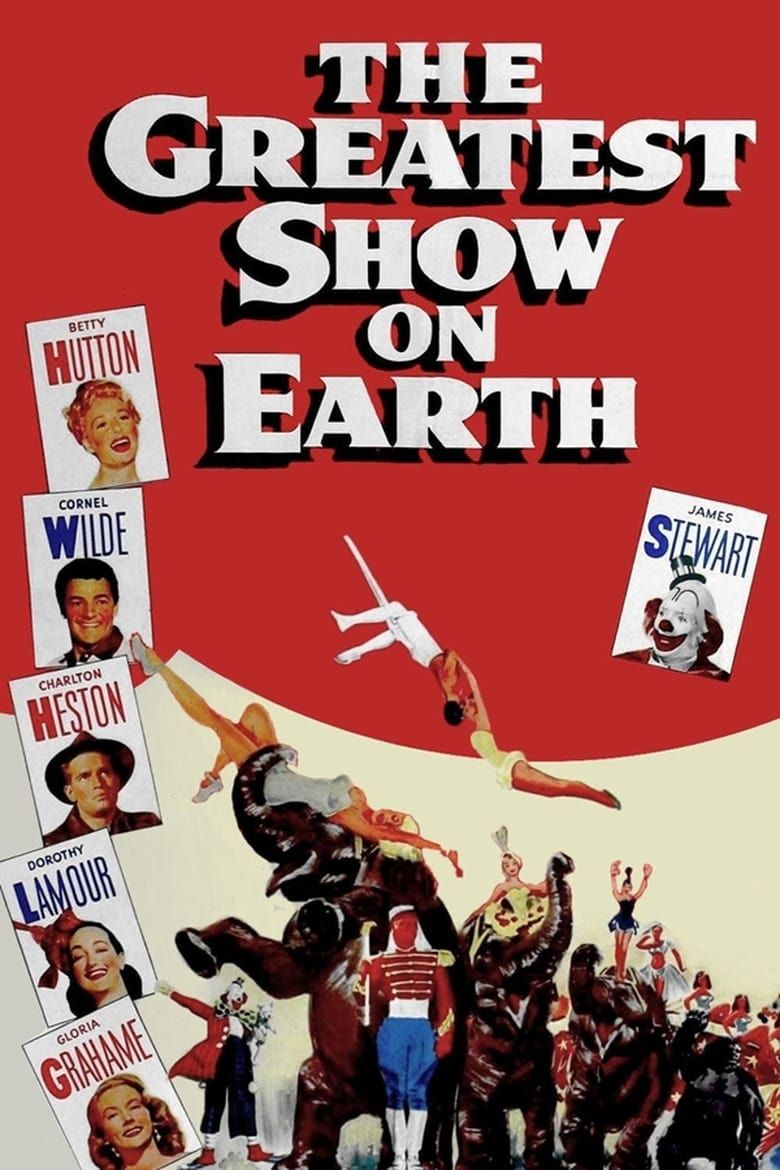
- Release Date
-
February 16, 1952
- Runtime
-
152 minutes
-

-

Cornel Wilde
The Great Sebastian
-

Charlton Heston
Brad Braden
-

2
‘Suicide Squad’ (2016)
Won Best Makeup and Hairstyling
There is a certain injustice to the fact that, while such movies as The Dark Knight, Logan, The Batman, and many many more superhero classics have left the Academy Awards empty-handed, 2016’s cataclysmic disasterpiece Suicide Squad nabbed an Oscar for Best Makeup and Hairstyling. The infamous action flick follows a group of rogue supervillains as they are captured by a ruthless government agency and forced to carry out high-risk missions.
What should have been a fun, vibrant, and wickedly enjoyable spectacle of DC’s worst villains being showcased in all their entertaining glory instead flails as an uninspired, inconsistent, and utterly boring picture that fails to imbue its run-of-the-mill story with anything even resembling stylistic flamboyance or creative dare. It triumphed over Star Trek Beyond to win Best Makeup and Hairstyling, an upset that many believe was the wrong decision.
1
‘Emilia Pérez’ (2024)
Won Best Supporting Actress
The subjective nature of the Oscars typically sees controversies and deliberations emerge every year. However, few ceremonies of late have generated such widespread backlash as the recent 97th Academy Awards, which was rightly lambasted for its ridiculous decision to nominate Emilia Pérez in 13 categories. The musical crime film follows a Mexican cartel leader’s efforts to transition into a woman, to disappear from the violent environment and fulfill a long-held ambition in the process.
If there is one grace in the award-season success of Emilia Pérez, it is that Zoe Saldaña was the recipient of its sole Oscar win, with the actress turning in a striking performance as the lawyer Emilia Pérez (Karla Sofía Gascón) goes to for help. Still, worthy though she may be, her win only exacerbates the ludicrous fact that a film so unashamedly out of touch with its central focus could be held in such high regard by the Academy, while so many others immediately recognized it for the cynically opportunistic, grotesquely shallow, and inauthentic fantasy that it is.

